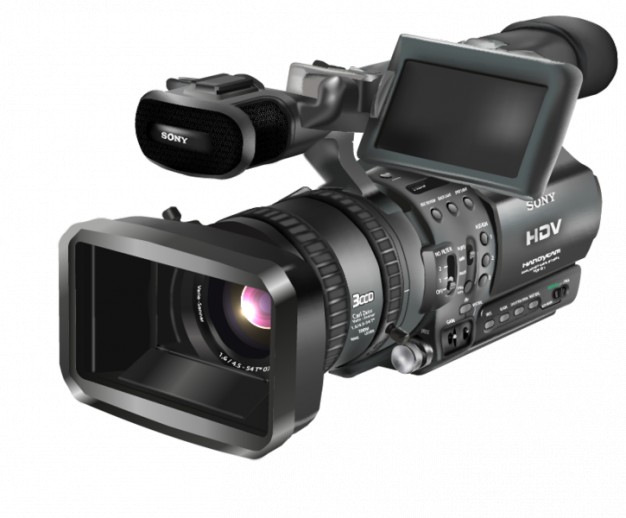Should You Record Your Meetings with a Lawyer?
 Recently, I encountered an issue that I had not experienced in my years of practicing law: a client was using his cell phone to video record our meeting. While I didn't mind at the time, I figured I would run the scenario by some colleagues of mine to see what they thought, and what they recommended.
The prevalence of cell phones with video and audio recording capabilities have created new issues in the practice of law. For instance, many courts have strict rules governing the use of camera phones inside of the proceedings. However, the relatively low expense of memory these days has allowed individuals to record and keep any number of items through video. Sometimes, video has even replaced note taking, but should you record your meetings with your lawyer?
Recently, I encountered an issue that I had not experienced in my years of practicing law: a client was using his cell phone to video record our meeting. While I didn't mind at the time, I figured I would run the scenario by some colleagues of mine to see what they thought, and what they recommended.
The prevalence of cell phones with video and audio recording capabilities have created new issues in the practice of law. For instance, many courts have strict rules governing the use of camera phones inside of the proceedings. However, the relatively low expense of memory these days has allowed individuals to record and keep any number of items through video. Sometimes, video has even replaced note taking, but should you record your meetings with your lawyer?
Know the Law
Depending on your jurisdiction, you may be required to disclose to another party that you are recording them. If they are not aware that you are recording them, the recording may not only be inadmissible in court, but it may in fact be illegal. For instance, Alabama is a one-party consent state, which means that only one party to a conversation need consent for the conversation to be recorded. Practically, this means that a client only needs his own consent to record a conversation with his attorney. However, 12 other states require every party to a conversation to consent to the recording. You can find a state-by-state breakdown here.
Breach of Confidentiality
The biggest problem with recording an appointment with your attorney is the potential to breach confidentiality. Most states have laws that do not protect communications in which a non-client third party receives the communication. Practically, this means that if a non-client is eavesdropping or sitting in on a conversation between an attorney and his client, there is no confidential privilege to that communication. Therefore, if a client shows a video of his meeting with his attorney to anyone, the attorney-client privilege has been breached.
Additionally, the use of many online services to store, transfer, or send such a video may breach the attorney-client privilege. For instance, Google has claimed that its nonpaying users do not have the expectation of privacy in their own emails. If you are using a recording device that is backed up to a cloud-based service, you are running the dangerous risk of having your attorney-client communications privileges denied.
Attorney Preference
Many attorneys, especially attorneys that have been practicing longest, are not going to like being recorded. Recording a conversation between you and your lawyer can damage the delicate attorney-client relationship and may even provide a reason for an attorney to not take your case or withdraw from further representation.
Bottom Line
I do not recommend recording your meetings between you and your lawyer. The problems created by recording the conversation far outweigh the benefits. Even in a best case scenario, you are putting your lawyer on the defensive because they may be worried that you are using their statements against them. In a worst-case scenario, you can have all attorney-client privileges extinguished even from a good-faith mistake. If you need to have something in your appointment memorialized, bring a notepad and take notes. Further, request that your attorney follow up with you with a written summary of your conversation. This will prevent miscommunications and misunderstandings.
What if your attorney wants to record the meeting?
There are many reasons an attorney may wish to record their conversations with their client, such as assisting them with drafting a follow-up letter, helping them to improve the way that they practice law, and possibly protecting themselves against a potential legal malpractice suit.
However, the same issues with you recording your appointment arise when your attorney records the meeting. You run the risk of breaching confidentiality even if your attorney is the one that makes the mistake. As I mentioned before, this mistake can be simply how you choose to store the video file.
What if I really want to record the meeting?
First, you must communicate with your attorney your desire to record the meeting. Second, be honest with your lawyer your reasons for recording the conversation. Last, ensure that the video file is saved in such a manner that it will not be easily accessible to others or be saved or backed up to a free online cloud service. At the least, the video should be password-protected and encrypted. Again, however, I still do not recommend recording your meeting with your attorney, but if you must, follow these steps exactly.

